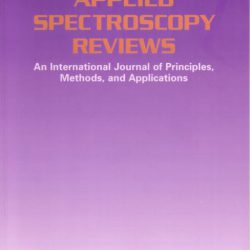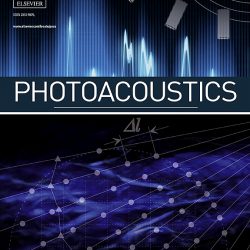New Publication on Frontiers in Environmental Chemistry
The PolySense team has just published a new article on Frontiers in Environmental Chemistry Journal (IF 4.927) reporting on an innovative sensor box employing two acoustic detection modules connected in series for quartz-enhanced photoacoustic multi-gas detection. To demonstrate the sensor versatility, simultaneous detection in air of methane and nitric oxide (NO), is reported. Minimum detection limits Leggi di piùNew Publication on Frontiers in Environmental Chemistry[…]






